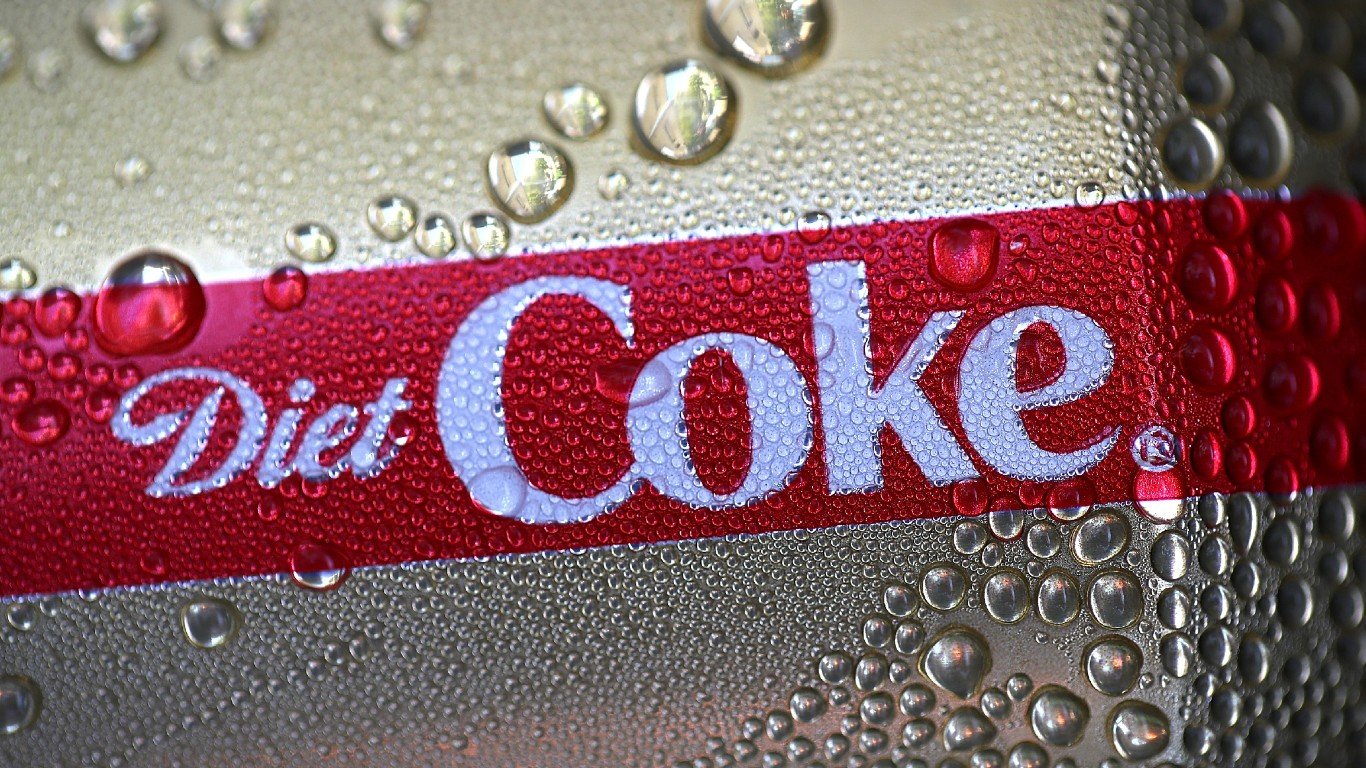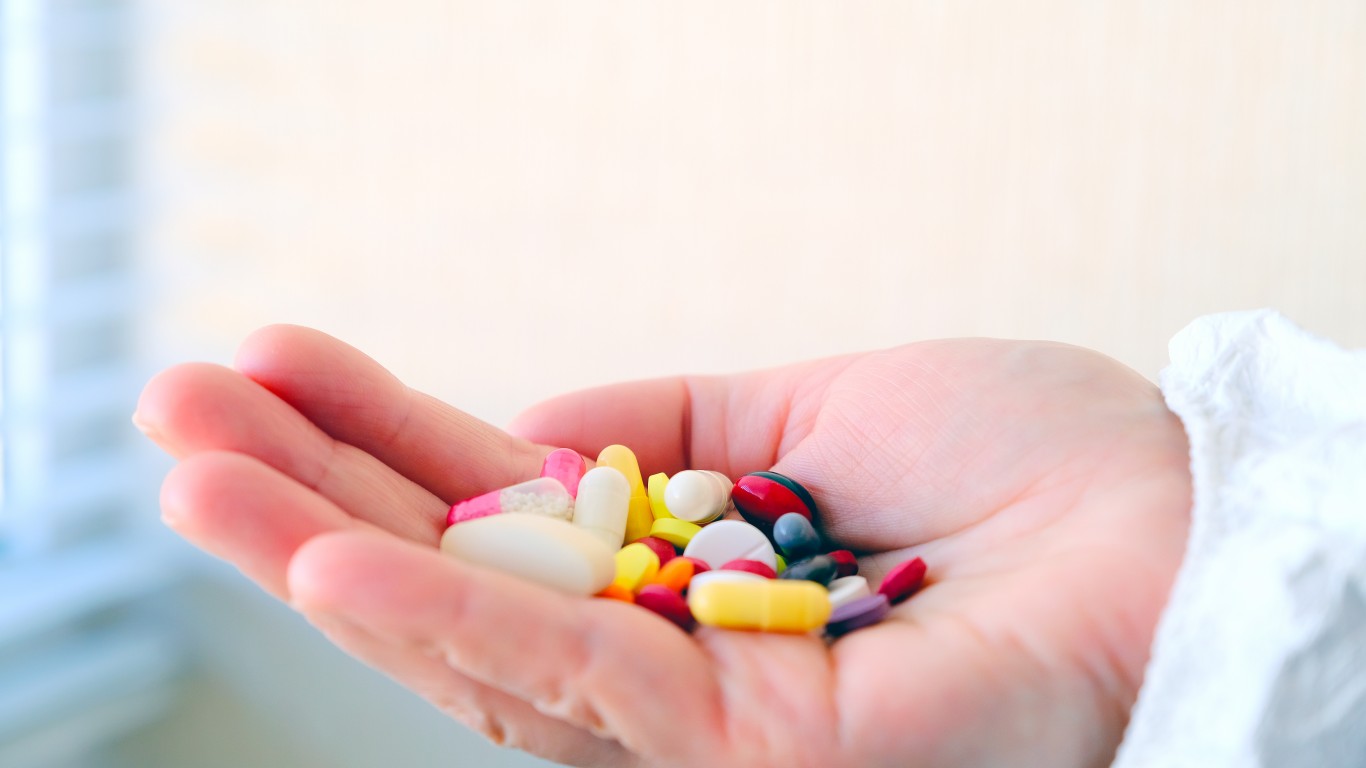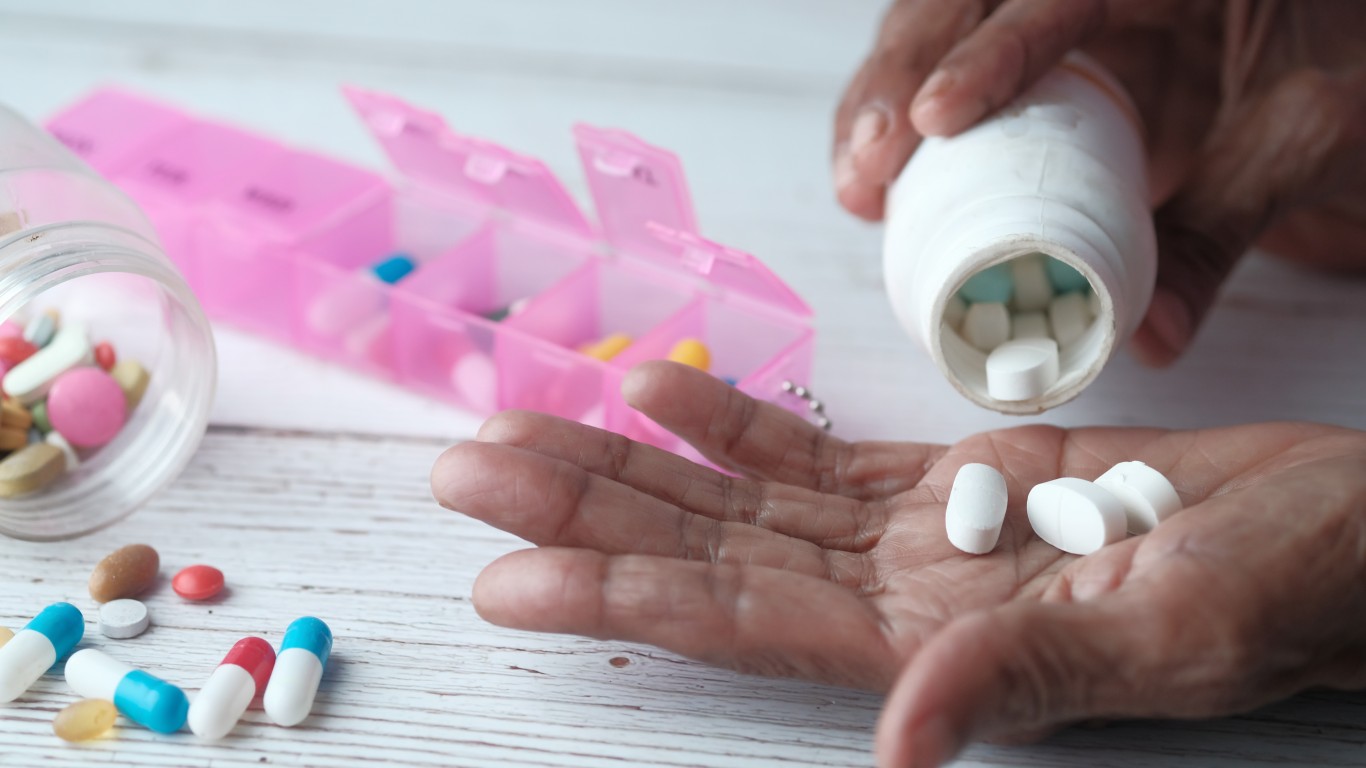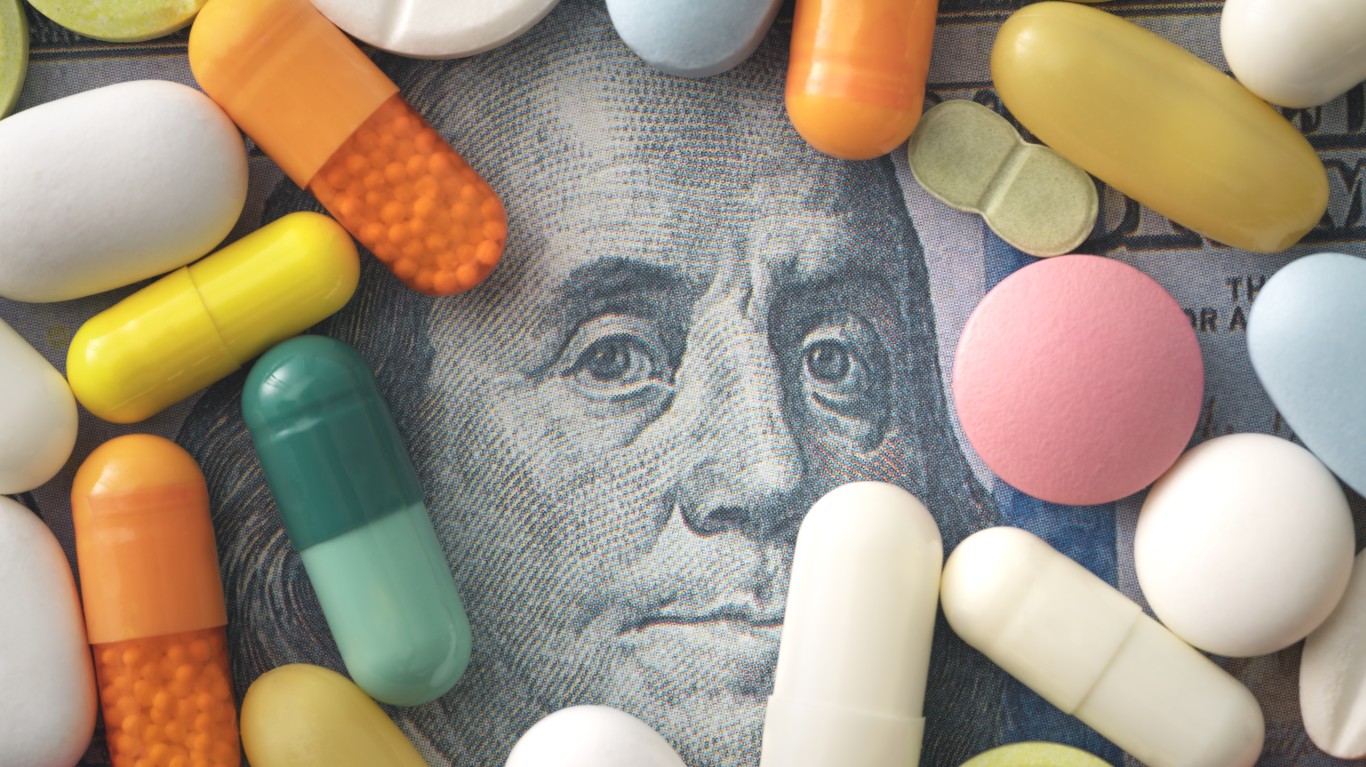

A little over a month ago, the World Health Organization (WHO) issued a new “conditional” guideline recommending that people not use non-sugar sweeteners to control their weight or to reduce the risk of non-communicable diseases. The advice followed a review of the available evidence and also suggested that non-sugar sweeteners may produce “undesirable effects from long-term use … such as an increased risk of type 2 diabetes, cardiovascular diseases, and mortality in adults.” (You only think these 20 foods and drinks are healthy.)
The most popular of the artificial sweeteners is aspartame, the non-sugar sweetener used in a host of products from Diet Coke to Trident chewing gum. According to an exclusive report from Reuters, WHO’s cancer research lab, the International Agency for Research on Cancer (IARC), is looking to release results of a study to determine if aspartame is a possible cause of cancer.
On July 14th, the Joint WHO and Food and Agriculture Organization’s Expert Committee on Food Additives (JECFA) will release a report on the quantity of aspartame that a person may safely consume. The WHO’s report is expected to be released on the same day.
JECFA reported in 1981 that a person would have to consume between one and three dozen cans of diet soda a day to be at risk from aspartame. The risk rises with the amount of aspartame in the soda. That finding has not changed in more than 40 years.
In 2015, the IARC ruled that glyphosate, the active ingredient in Roundup and other weed killers, was “probably carcinogenic,” generating pushback from other regulatory agencies and lawsuits from manufacturers. Germany-based Bayer, which acquired Roundup with its $66 billion acquisition of Monsanto in 2018, has been hit with more than 100,000 lawsuits claiming that exposure to the weed killer harmed their health.
Through 2022, Bayer has settled nearly 100,000 Roundup-related lawsuits at a cost of around $11 billion in settlements. That represents about 80% of all lawsuits filed against the company. More than 30,000 lawsuits remain to be decided.
The last thing the food industry wants is 100,000 or more lawsuits about the cancer-causing effects of non-sugar sweeteners. The International Sweeteners Association, which includes such food giants as Mars Wrigley, Coca-Cola and Cargill, has already expressed “serious concerns” that IARC’s review “may mislead customers.”
IARC may report one of four findings in the aspartame review: carcinogenic, probably carcinogenic, possibly carcinogenic and not classifiable. A finding that aspartame is possibly carcinogenic means that there is limited evidence that the substance causes cancer in humans or sufficient evidence that it causes cancer in animals or strong evidence of cancer-causing characteristics. If there is not enough evidence of any effect, the finding will be “not classifiable.”
When WHO released its guidelines on using non-sugar sweeteners to control weight, the recommendation was conditional, meaning that policy decisions based on the recommendation “may require substantive discussion in specific country contests.” For more details related to why non-sugar sweeteners are not effective for weight loss and how sugar producers reacted (pretty much as you would expect), see this article in FoodNavigator-USA.
Buffett Missed These Two…
Warren Buffett loves dividend stocks, and has stuffed Berkshire with some of his favorites.
But he overlooked two dividend legends that continue to print checks on a new level, they’re nowhere in his portfolio.
Unlock the two dividend legends Buffett missed in this new free report.
Thank you for reading! Have some feedback for us?
Contact the 24/7 Wall St. editorial team.



